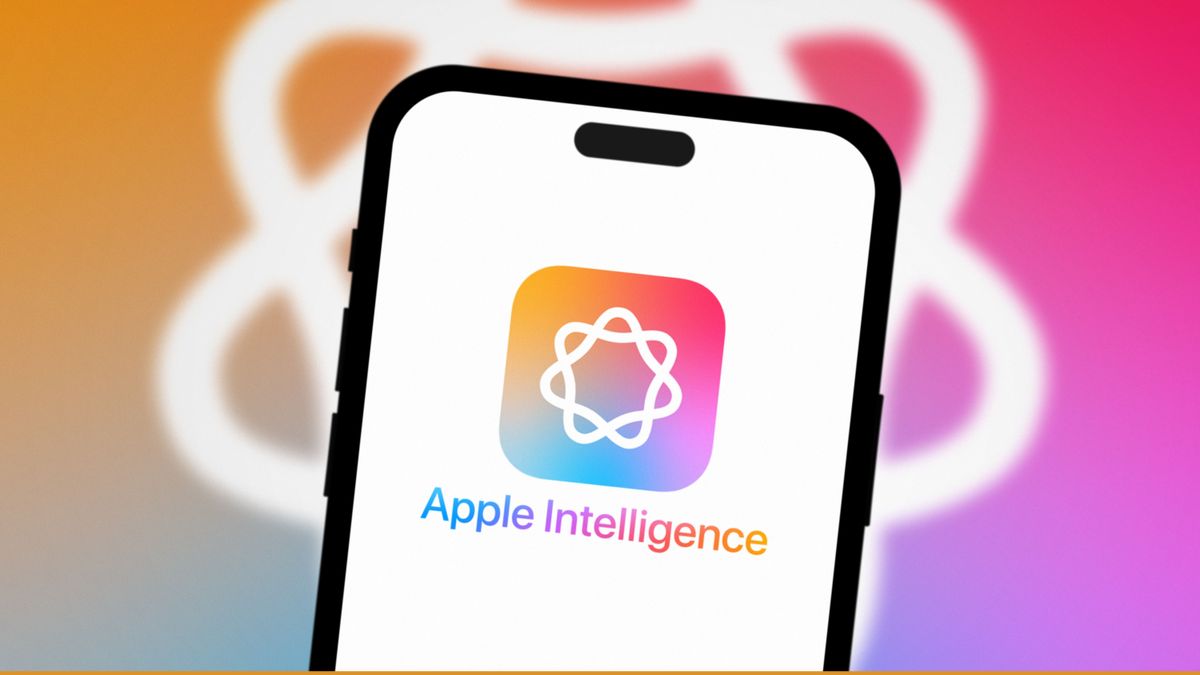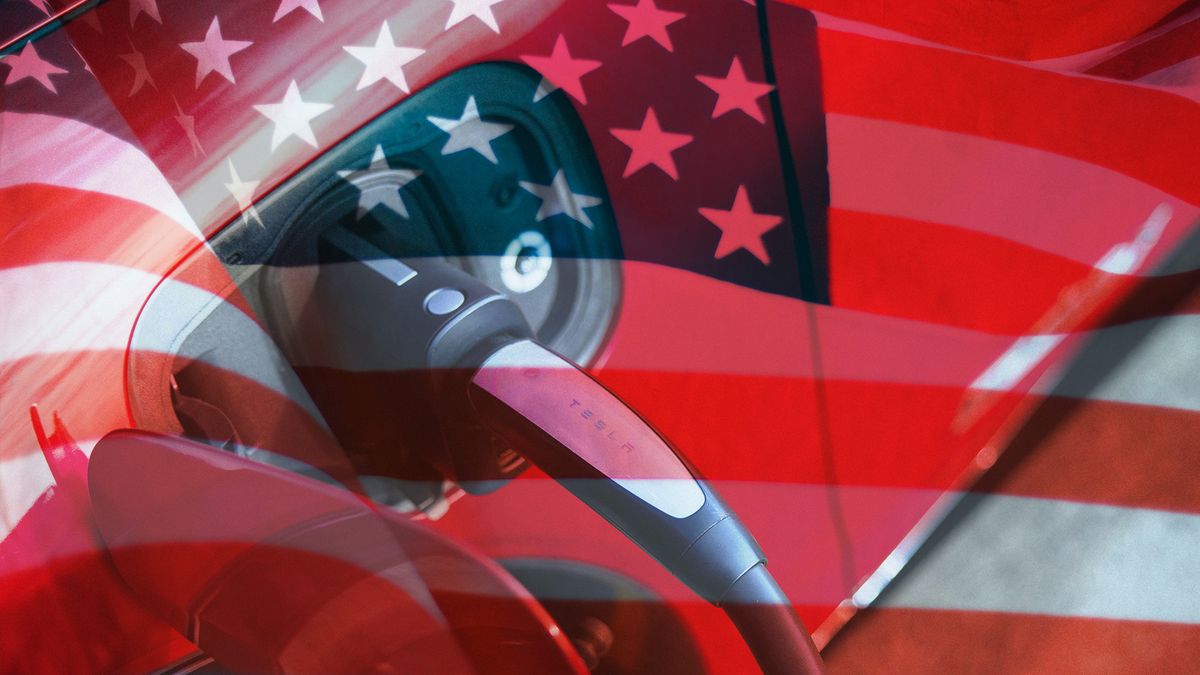Apple’s top deal maker on Tuesday defended his company’s favoritism of Google on iPhones, a pivotal collaboration that has shaped the modern tech industry and is at the center of a federal antitrust trial against the search giant.
Eddy Cue, Apple’s senior vice president of services, testified in Washington that Google’s placement as the default search option on the Safari browser across Apple devices was motivated by quality.
“I didn’t think at the time, or today, that there was anybody out there who is anywhere near as good as Google at searching,” said Mr. Cue, who was called to testify by the Justice Department. “Certainly there wasn’t a valid alternative.”
The Justice Department has accused Google of illegally locking in its monopoly through deals to make its search option the default on Apple, Samsung, Firefox and other platforms. Those partnerships squashed competitors that struggled to get their products in front of consumers, the Justice Department argues.
The Justice Department and dozens of states that brought the lawsuit argue that Google used the default deals as a “powerful strategic weapon” to block competitors and lock in its dominance in the search market.
No other deal has been as significant to the government’s case as a two-decades-long partnership between Google and Apple. The partnership has been worth $10 billion a year for Apple, which makes up more than 50 percent of the smartphone market in the United States, according to Counterpoint Research, a technology firm.
Mr. Cue’s testimony has been highly anticipated. While the case is focused on Google, the Justice Department has viewed Apple as a secondary player and the foremost example of how Google has used its deep pockets to maintain its power over the global search market. Should the judge rule in the government’s favor, it could cost Google and Apple billions of dollars.
The trial is the first monopolization case brought by the government in more than two decades, part of a crackdown on big tech by regulators appointed by President Biden. On Tuesday, the Federal Trade Commission filed a lawsuit against Amazon, accusing it of illegally protecting a monopoly over swaths of online retail by squeezing merchants and favoring its own services.
The Justice Department is also suing Google for illegally monopolizing the ad tech market. And the F.T.C. is suing Meta for using its dominance in social media to kill off competition.
The U.S. government’s case against Google promised to lift a veil off blockbuster deals between the most powerful global companies, giving the public a rare glimpse into business deals that have determined how consumers access information online.
Apple and Google began their partnership in search in 2002. In 2016, Mr. Cue took over renegotiations of the deal. The 30-plus-year Apple veteran had risen to be the company’s top deal maker, overseeing agreements with record labels for Apple Music, banks for Apple Pay and Hollywood studios for Apple TV+.
In 2016, Mr. Cue met with Sundar Pichai, who was then a year into his role as Google’s chief executive, to renegotiate for a higher percentage from their revenue-sharing arrangement.
Despite some back and forth on financial terms of a new deal, Mr. Cue said negotiations were never tested to the point that the companies would back down from their arrangement.
“It was in Google’s best interest and our best interest to get the deal done,” Mr. Cue said, adding that the company had never considered creating its own search engine to compete with Google.
“We provided great customers to Google — they did an amazing job on the search engine side,” he said.
The Justice Department disclosed in questioning that the deal in 2016 also included a provision for the companies to defend the agreement should it come under any regulatory challenges. Mr. Cue said that the provision was written in by lawyers for Apple and Google, and that he believed it pertained to an antitrust investigation in the European Union of Google.
But few other details were revealed in Mr. Cue’s testimony. Much of the trial, which is expected to last until November, has been held in closed sessions and most exhibits have been sealed. Mr. Cue testified for about four hours, of which more than half was closed to the public.
Apple fought against the testimony of executives, saying that Mr. Cue and others had already been deposed ahead of the hearing and that business contracts under scrutiny were highly sensitive.





